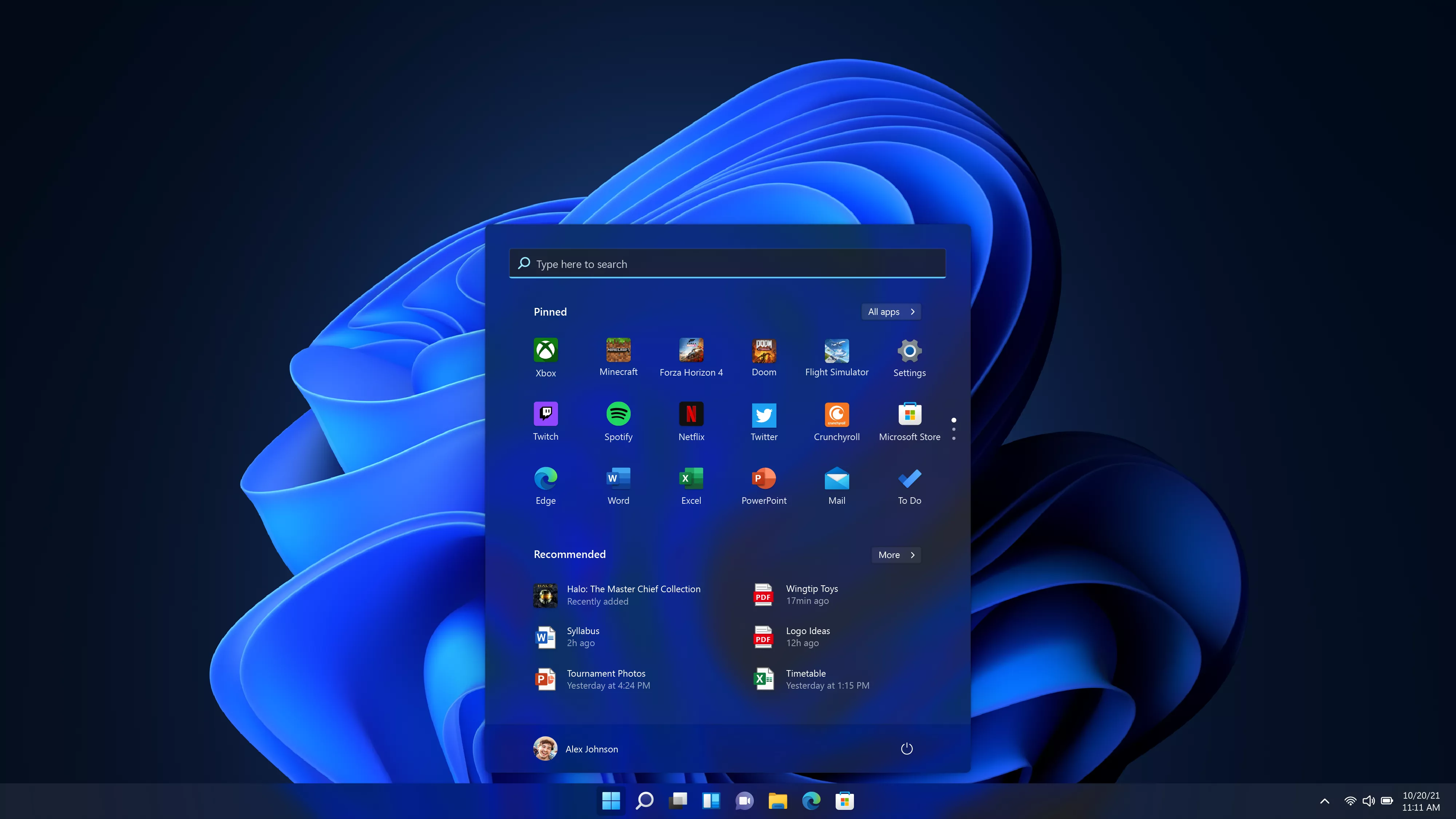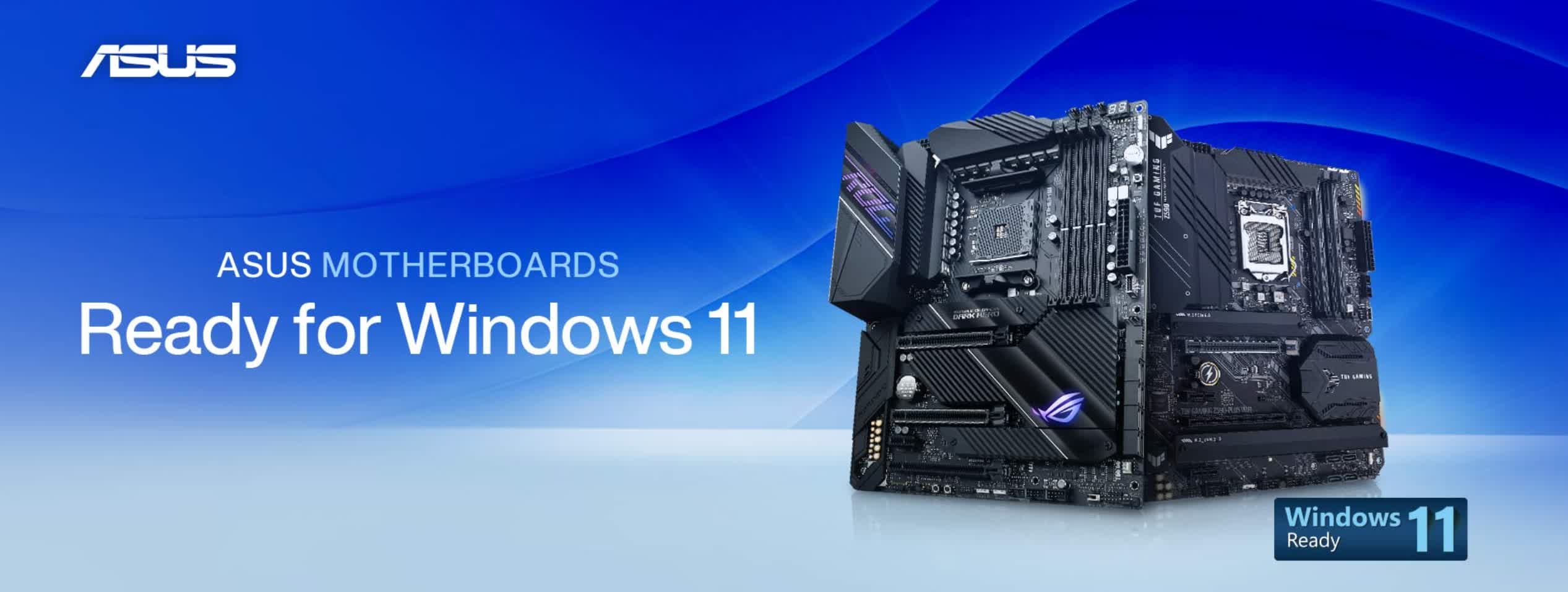In context: Asus recently started rolling out BIOS updates to its motherboards to help users get ready for Windows 11. Those updates are beginning to extend to motherboards for Intel CPUs older than any of the ones Microsoft currently lists as being compatible with Windows 11. This could end up making the already controversial system requirements even more confusing.

Ever since Microsoft listed its system requirements for Windows 11, there's been some degree of uncertainty surrounding its requirement of Trusted Platform Module (TPM) and the need for a relatively recent CPU.
Motherboard makers like Asus have started issuing new BIOS firmware to help users out, mainly by automatically enabling TPM. Asus even set up a page listing the Windows 11 compatibility status for all its motherboards, which it continues to update as it tests and releases more BIOS patches.
Microsoft's list of officially supported Intel CPUs says Windows 11 requires 8th-gen Core processors (Coffee Lake) and newer. However, Asus shows that it's updating motherboards for seventh (Kaby Lake) and sixth (Skylake) generation Intel processors to add Windows 11 compatibility.

A number of Z270 motherboards, which are designed for Kaby Lake and Skylake processors, received a beta BIOS on August 10 for Windows 11 compatibility. The same happened with some H270 and B250 motherboards. These and many others fall under a section of Asus' compatibility list with the message "The following motherboards are compatible with Windows 11 under current testing. The upgrability [sic] is subject to the support from operation system or 3rd party drivers availability."
Microsoft has acknowledged some of the confusion, saying 8th-gen Core is the oldest processor series that it's sure to meet Windows 11 requirements, but that they plan to at least test things out with Kaby Lake CPUs.
It seems Microsoft isn't entirely sure how far it wants to extend Windows 11 compatibility yet, while meeting its security goals. Hopefully everyone will have a clearer picture by the time the OS releases to the public late this year.
https://www.techspot.com/news/90970-asus-releases-bios-firmware-kaby-lake-skylake-processors.html